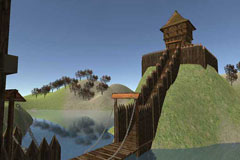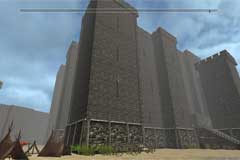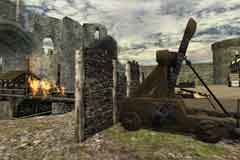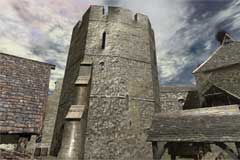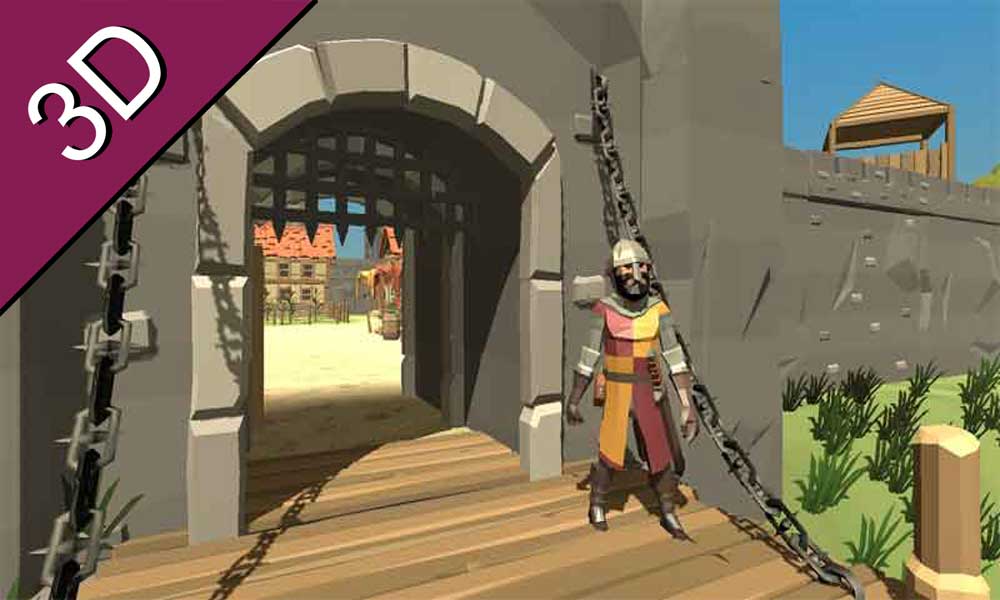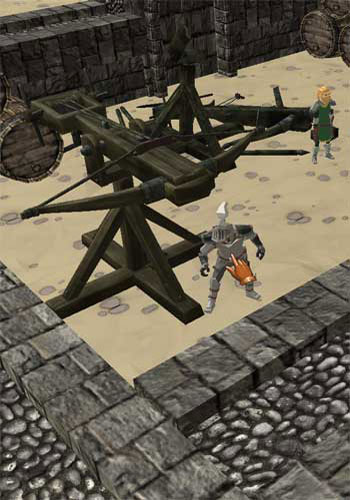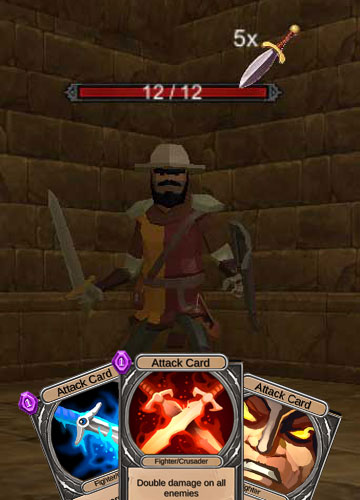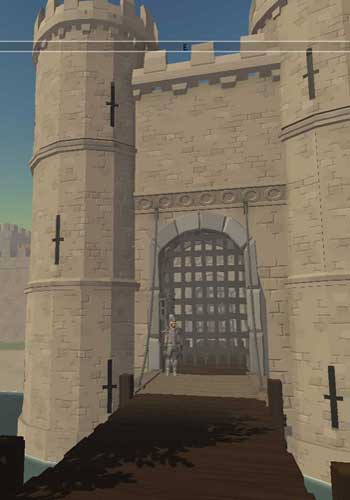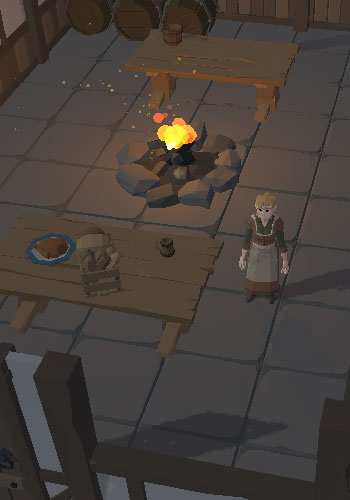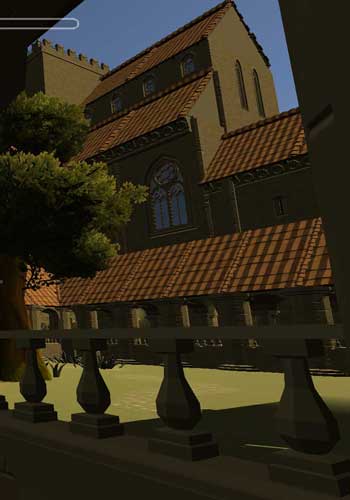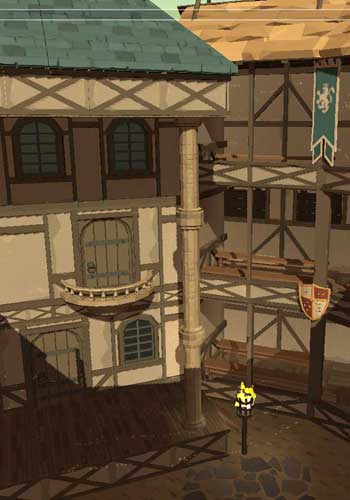The Great Explorers
Tweet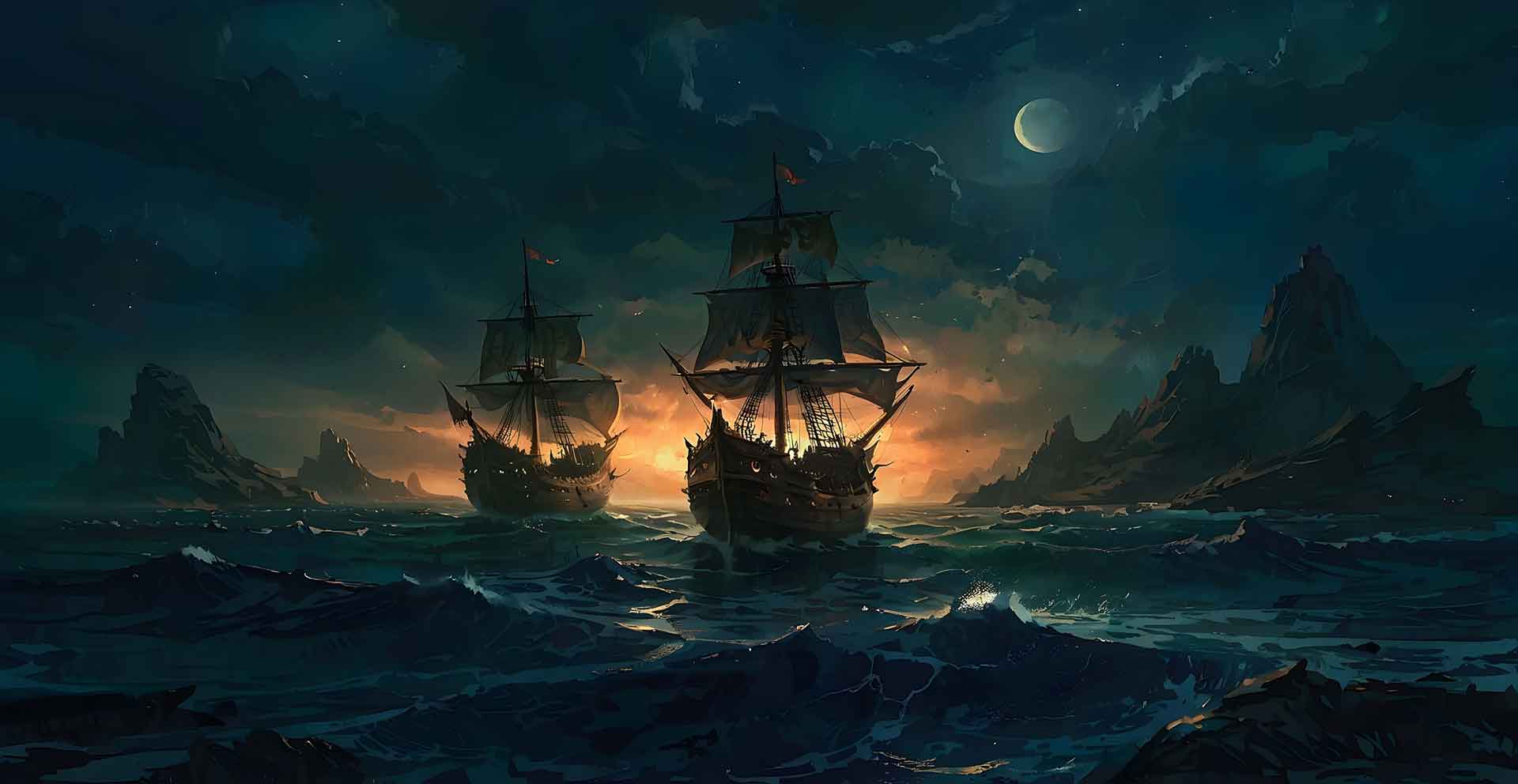

The late 15th and early 16th centuries marked the Age of Exploration, a period when European powers launched ambitious voyages to explore the world, driven by the desire for new trade routes, wealth, and territorial expansion. Here's an overview of the most prominent European explorers of that era:
Christopher Columbus (1451–1506) – Italy/Spain
- Nationality: Genoese (Italian), sailed for Spain
- Major Voyages: 1492, 1493, 1498, and 1502
Significance:
Columbus is credited with discovering the New World (the Americas) in 1492 while seeking a western route to Asia. He landed in the Bahamas and explored parts of the Caribbean and his voyages led to the widespread awareness of the Americas in Europe. More details
Vasco da Gama (c. 1460–1524) – Portugal
- Major Voyage: 1497–1499
Significance:
First European to reach India by sea, sailing around the Cape of Good Hope. His route opened direct maritime trade between Europe and Asia, boosting the Portuguese spice trade. More details
John Cabot (Giovanni Caboto) (c. 1450–c. 1500) – Italy/England
- Nationality: Italian, sailed for England
- Major Voyage: 1497
Significance:
Explored the coast of North America, probably Newfoundland. His voyage laid the groundwork for the later British claims in the Americas. More details
Amerigo Vespucci (1454–1512) – Italy/Spain/Portugal
- Nationality: Italian, sailed for both Spain and Portugal
- Major Voyages: 1499–1502
Significance:
Explored the coast of South America and suggested it was a new continent, not Asia. The Americas were named in his honour.
Ferdinand Magellan (c. 1480–1521) – Portugal/Spain
- Nationality: Portuguese, sailed for Spain
- Major Voyage: 1519–1522
Significance:
Led the first circumnavigation of the globe (though he died in the Philippines before completion). Proved that the Earth was round and much larger than previously thought. More details
Hernán Cortés (1485–1547) – Spain
- Major Expedition: 1519–1521
Significance:
Conquered the Aztec Empire in present-day Mexico. His conquest marked the beginning of Spanish colonization in the Americas.
Francisco Pizarro (c. 1478–1541) – Spain
- Major Expedition: 1532–1533
Significance:
Conquered the Inca Empire in Peru. Extended Spain’s power deep into South America.
These explorers changed the course of history by:
- Opening new sea routes to Asia and the Americas
- Bringing about the 'Columbian Exchange' (a massive transfer of plants, animals, culture, and diseases between the Old and New Worlds)
- Laying the foundation for European imperialism and colonization
1419
1445
1451
1455
1460
1476
1480
1488
1492
1493
1494
1495
1496
1497
1498
1499
1500
1501
1502
1503
1504
1506
1513
1519
1520
1521
1522
1553
1569
1577
1580
1586
1596
Event Participants and Locations
Selection of references used:
- 1: Rebecca Stefoff, Ferdinand Magellan, the Discovery of the World Ocean, ISBN:ISBN-0-7910-1291-3
- 2: John Stewart Collis, Christopher Columbus, 1976, Own copy
- 3: Michael Anthony, The Golden Quest, ISBN:ISBN-0-333-56868-0
- 4: Peter Potter, Data Donation
- 5: Felipe Fernandez-Armesto, Columbus, ISBN:ISBN-0-19-215898-8
- 6: Gianni Granzotto, Christopher Columnbus, ISBN:ISBN-0-586-20099-1
- 7: V.H.H. Green, Renaissance and Reformation, 1962
- 8: F.H.H. Guillemard, The life of Ferdinand Magellan
- 9: Richard Cavendish, Kings and Queens The Concise Guide, ISBN:978-0-7153-2376-2
- 10: George Malcolm Thomson , Sir Francis Drake, 1972, ISBN:436-50249-4, Seeker & Warburg - London (1972)
Related Information
Medieval Episodes
Early Middle Ages
High Middle Ages
- Edward the Confessor and Godwine
- Reasons for the Norman Invasion
- The Norman Invasion
- The Norman Conquest
- Background to the Crusades
- People's and First Crusade
- Second Crusade
- Third Crusade
- Stephen's succession to the throne
- Civil War (The Anarchy)
- The Conquest of Ireland
- Henry II and Thomas Becket
- Excommunication of King John
- The First Barons' War
- The Second Barons' War
- Edward I and Wales
- Edward I and Scotland
Last Middle Ages
- Edward II and Piers Gaveston
- Robert the Bruce
- Isabella, She-Wolf of France and death of Edward II
- Edward III starts the Hundred Years War
- Continues with Richard II
- Henry V invades France
- Henry VI and Joan of Arc
- The Black Death
- The Peasants Revolt
- The Lords Appellant
- Glendower's Revolt
- Wars of the Roses
Early Modern Period
Event Participants and Locations
